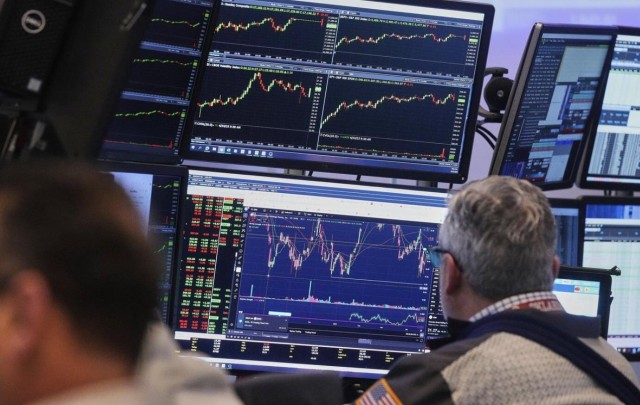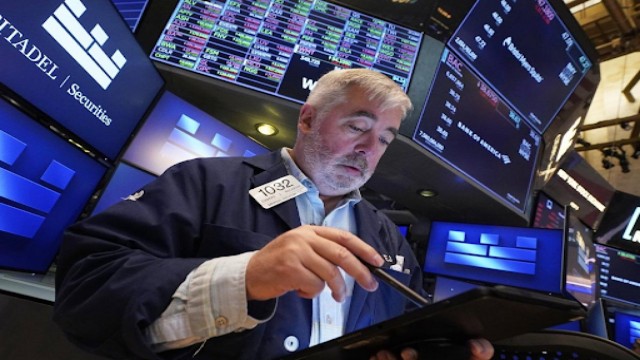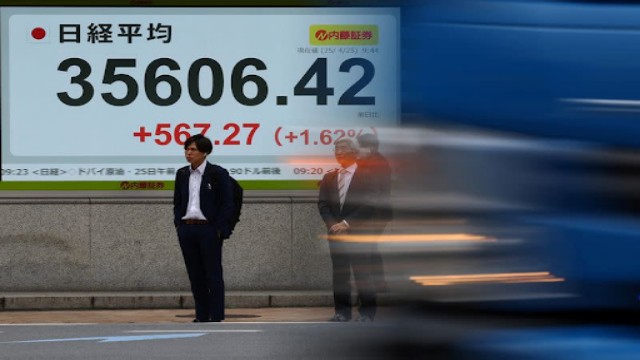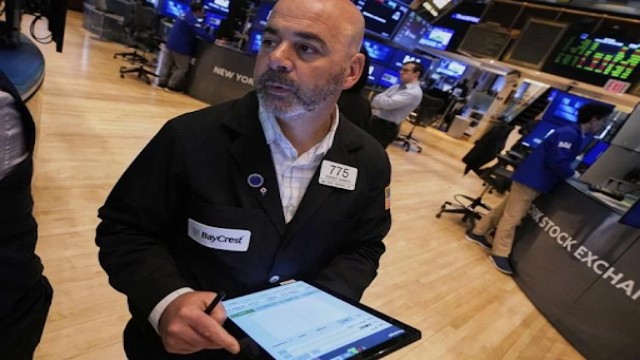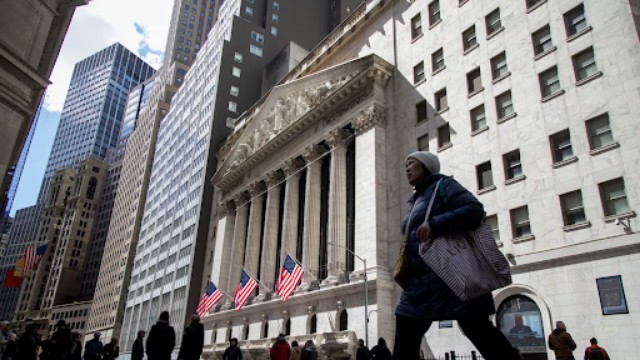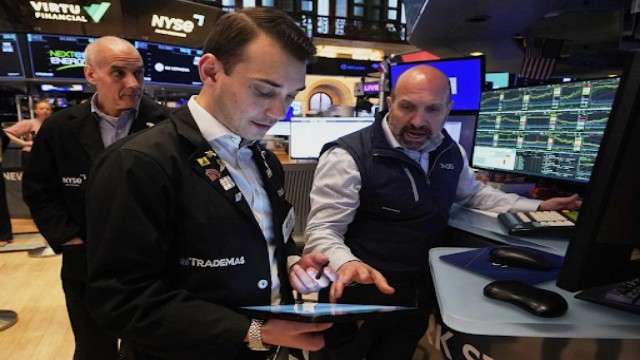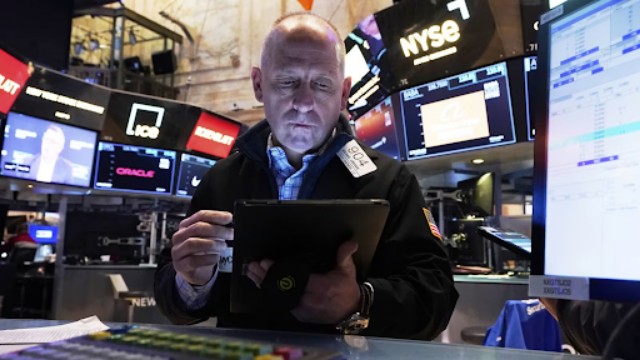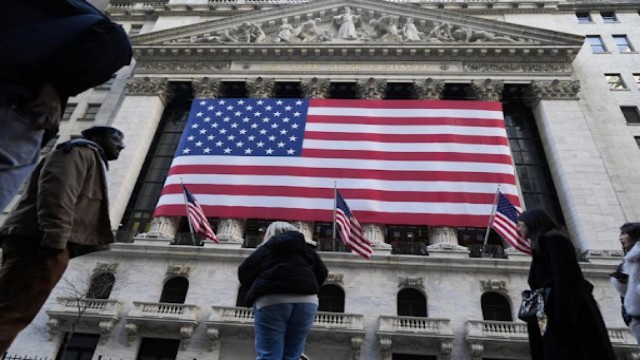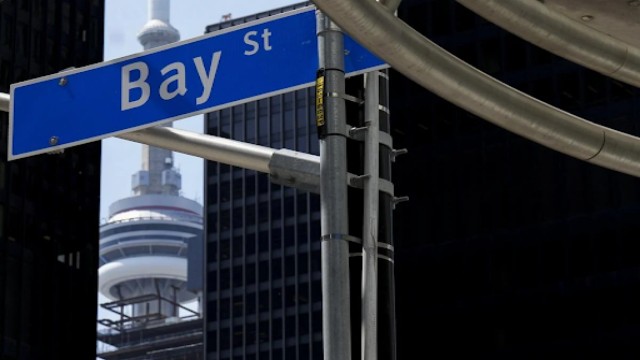
FILE PHOTO: Jamie Dimon, CEO of JPMorgan Chase, addresses the Economic Club of New York in Manhattan on April 23, 2024. REUTERS
U.S. banks have seen significant profits due to increased interest payments on loans, but many top executives are cautioning that the future may not be as bright. Concerns about declining borrower demand and slowing consumer spending could impact bank earnings in the months to come.
During the latest earnings reports, several bank leaders shared their insights on the current economic climate. Jamie Dimon, CEO of JPMorgan Chase, noted that while market conditions appear stable, the bank remains cautious about potential risks. He mentioned, “Loan demand remains quite muted everywhere except for credit cards,” indicating a reluctance among borrowers to take out loans.
At Bank of America, CEO Brian Moynihan reported that consumer activity has been strong, contributing to solid growth in high-quality accounts. CFO Alastair Borthwick added that they expect net interest income (NII) to increase in the coming quarters, particularly in the second half of the year.
Wells Fargo's CEO Charles Scharf pointed out that consumers are benefiting from a robust job market and rising wages. However, CFO Mike Santomassimo noted that fewer customers are moving their money to higher-yield accounts, which might indicate a hesitance to seek better returns elsewhere.
Citigroup's CEO Jane Fraser highlighted signs of a weakening labor market and tighter household budgets. CFO Mark Mason reported that while higher credit-scoring customers are still spending and maintaining their savings, those with lower credit scores are struggling, leading to an increase in missed payments and borrowing.
Despite the current profitability, bank executives are keeping a close eye on economic indicators that could signal trouble ahead. JPMorgan Chase's leadership is particularly vigilant about potential tail risks that could affect their outlook.
While Bank of America expects continued growth in net interest income, the uncertainty in the economy raises questions about how sustainable this growth will be. The anticipation of rising interest income suggests that banks are preparing for a potentially rocky road ahead while trying to capitalize on the current financial environment.
Citigroup's comments underscore a growing divide among consumers, where those with higher credit scores continue to thrive, while lower-scoring customers face increasing challenges. This divergence could lead to more cautious lending practices from banks as they navigate a changing economic landscape.
In summary, while U.S. banks have enjoyed the benefits of higher interest rates, the outlook is becoming more complex. With decreasing loan demand and changing consumer behavior, bank executives are aware of the challenges that lie ahead. Their cautious stance reflects a keen understanding of the evolving economic conditions that could impact future earnings.


